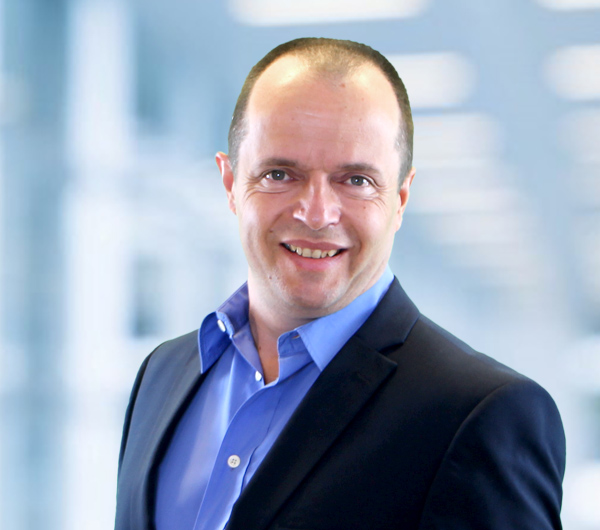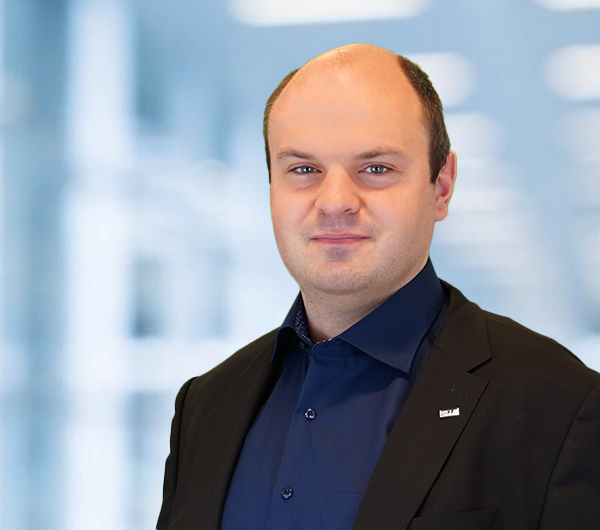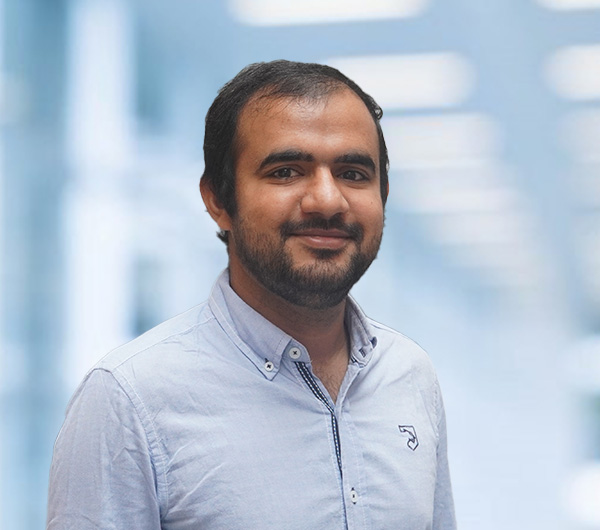Computer Networks
Head Of
Leader
Employees
Student assistants
Industrial communication has roots in Germany and has been the backbone of every networked automation system for over 25 years. In Industry 4.0, intelligent networking has a significant role to play. Information technologies, which were often designed with a different background than their use in the industrial environment, pose new challenges. Given the networking typical of Industry 4.0, the importance of reliable and secure communication systems is increasing. In recent years, network technology has developed into an independent field with its system theory, unique terminology and design methodology, and special measurement technology.
The mission of the Computer Networks group is to harness information and communication technologies (ICT) for the Industrial Internet of Things (IIOT). In this context, we focus on the entire life cycle from design and commissioning to reliable operation.
For the performance evaluation of new technologies or systems, we use simulation techniques (e.g., OMNeT++) and metrological investigations. This includes technologies such as Time Sensitive Networking (TSN), Software Defined Networking (SDN), or OPC-UA. In the area of 5G, the working group operates a private cell in the SmartFactoryOWL and has a 5G campus license.
An important application area of our research is the plug-and-produce of networked production systems. This includes, for example, the modeling of security features, which in the future should enable an automatic evaluation of the security properties of automated machines and systems and thus shorten the commissioning time after reconfiguration.
Members of the working group participate in various committees to structure current research areas and to transfer research results into application and standardization.
Student work in the Computer Networks group
Student research projects
Bachelor theses
Research projects
Master theses
Dissertations










